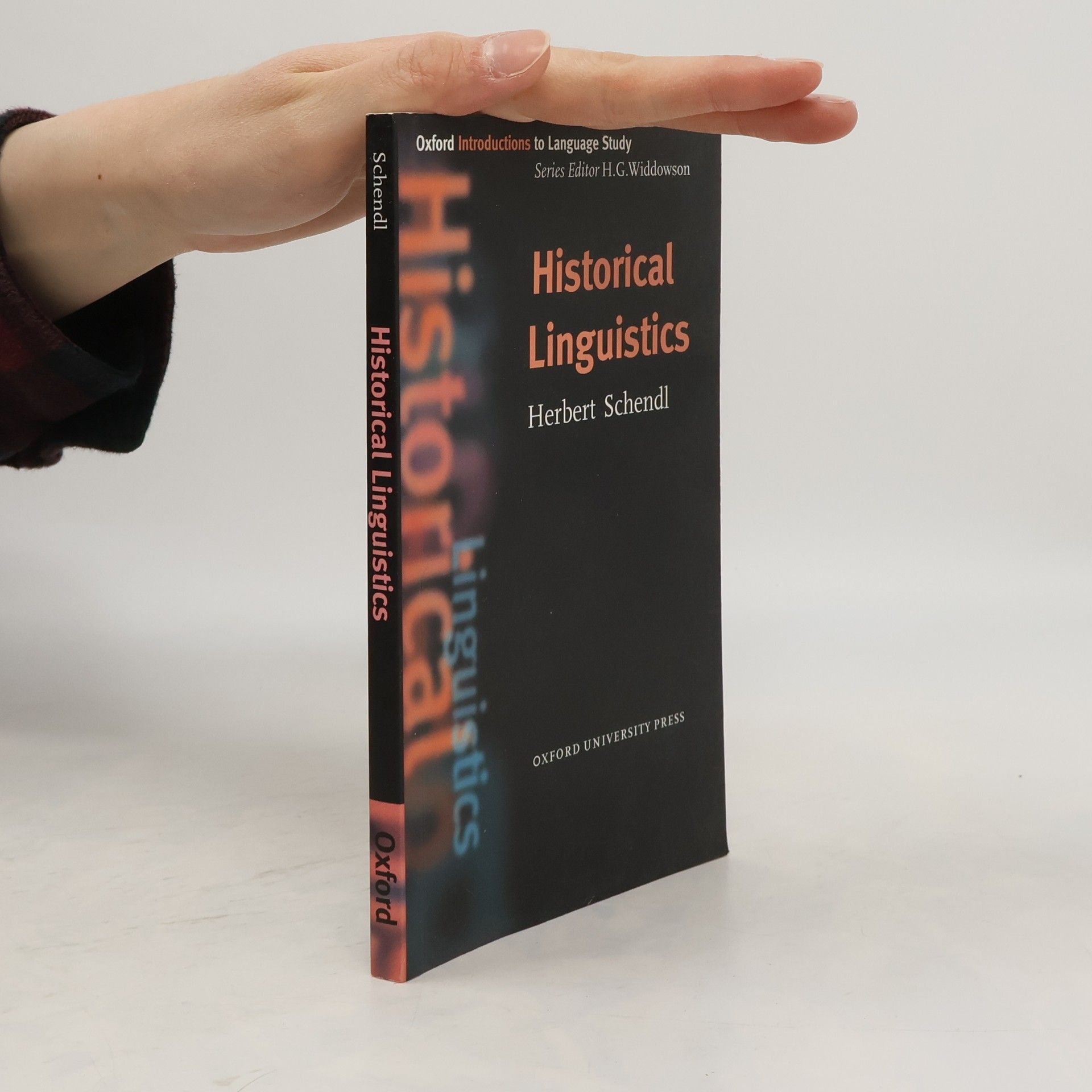Historical Linguistics
- 144pagine
- 6 ore di lettura
This book provides an accessible introduction to anyone interested in the history of the English language. It outlines the major issues and terminology used in the field of Historical Linguistics, a required part of most university-level language and linguistics courses, and creates an opening into the field for the new reader.
